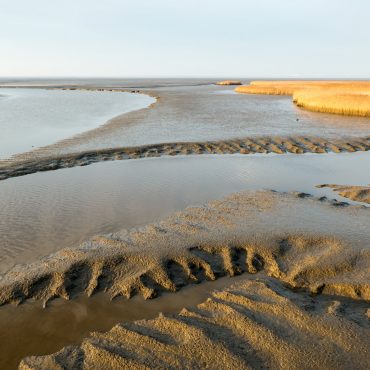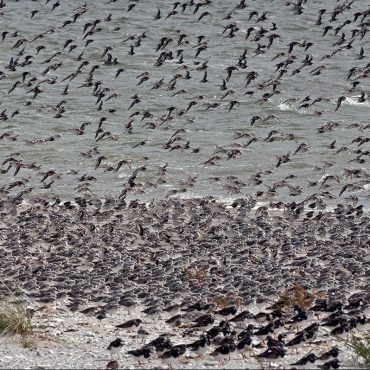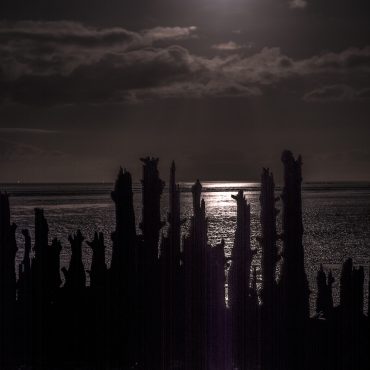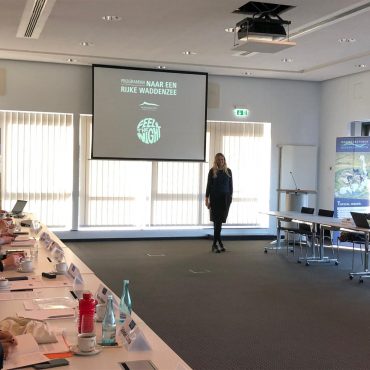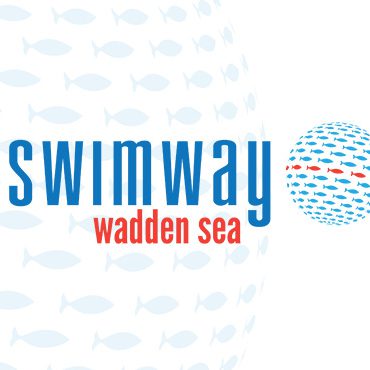
INVENTORY OF FISH MONITORING AND RESEARCH PROGRAMMES FOR THE WADDEN SEA
The Common Wadden Sea Secretariat (CWSS) has published the ‘Trilateral Fish Monitoring: Overview of monitoring and research for Swimway’, which is part of the Research and Monitoring Pillar of the trilateral Swimway Vision and Action Programme. The report presents an overview of monitoring and long-term research programmes into marine and estuarine fish in Denmark, Germany and the Netherlands, with a focus on Wadden Sea tidal flats, gullies (tidal inlets and streams) as well as subtidal marine areas and estuaries bordering the Wadden Sea.
Read more
